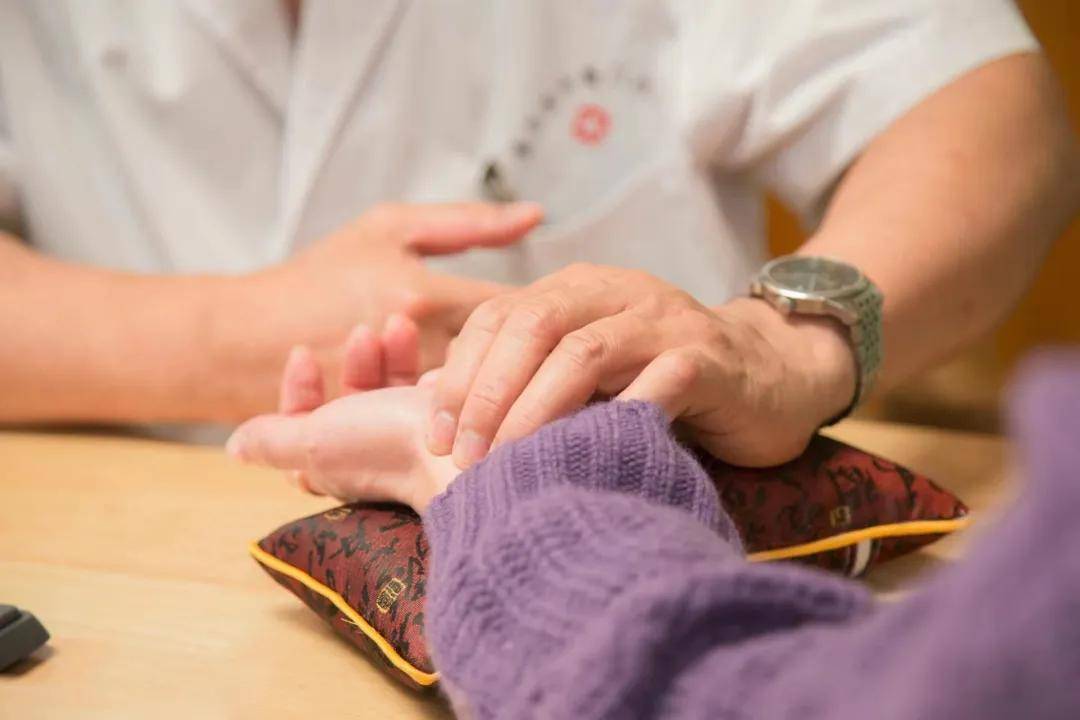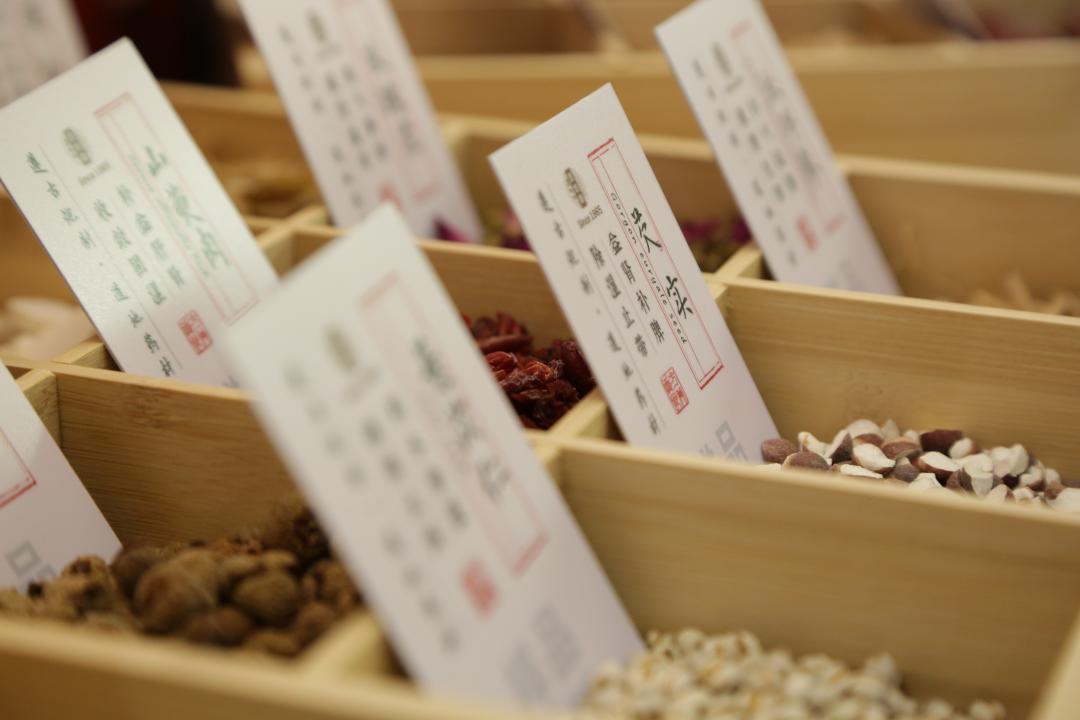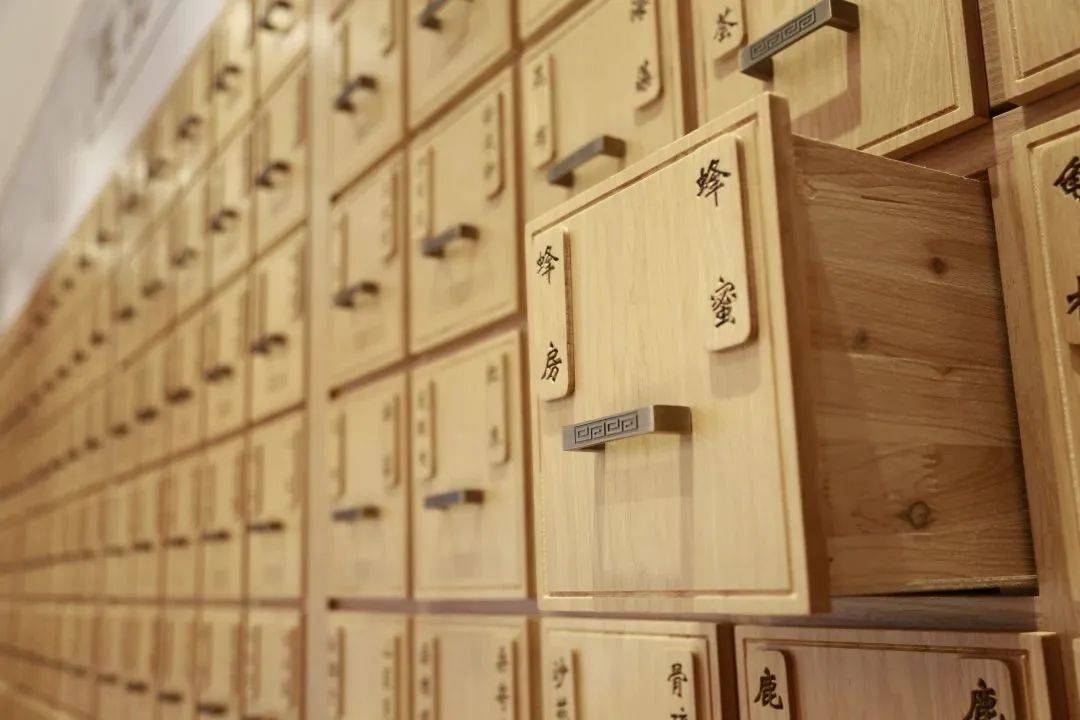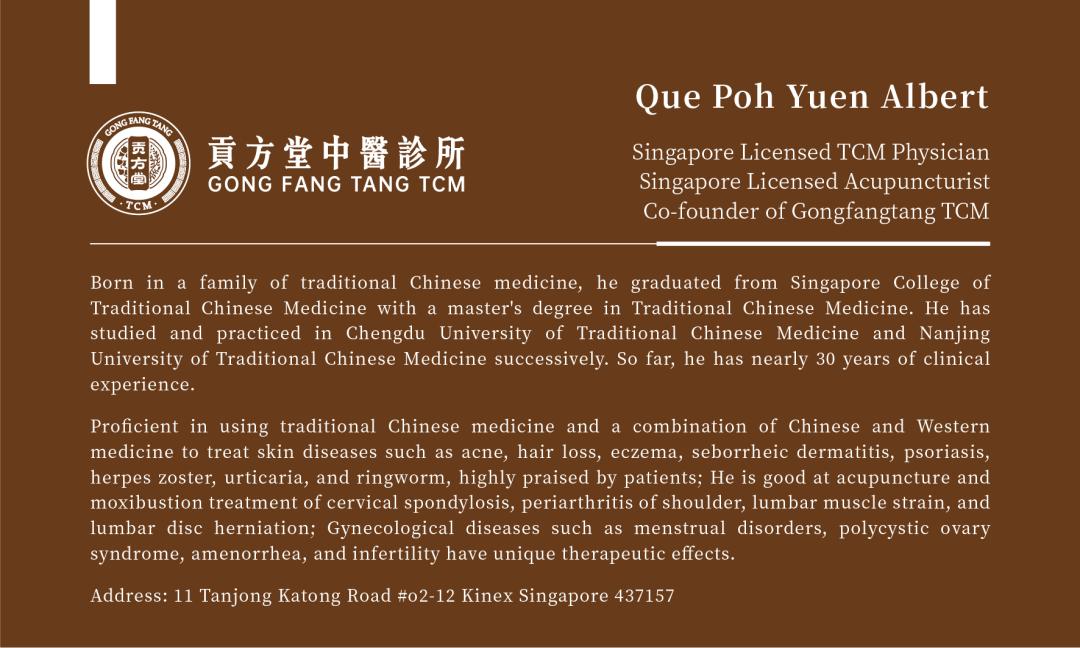Some people have bowel movements several times a day, while others only pass stools once every few days or even a week. Which category do you fall into? In fast-paced Singapore, difficulty with bowel movements has become a common concern for many due to stress, irregular lifestyles, and various factors.
Physician Qiu Baorun from Singapore's Gongfangtang TCM explains that constipation is not merely a surface-level issue of being "unable to pass stools" — it reflects an internal imbalance of yin and yang within the body.

How Does TCM View Constipation?
Physician Qiu Baorun explains that TCM classifies constipation into two broad categories: Excess-type (Shi) and Deficiency-type (Xu).
Excess-type Constipation is often caused by heat accumulation in the stomach and intestines or stagnation of qi movement, commonly seen in sedentary office workers. Symptoms include dry, hard stools accompanied by abdominal bloating and bad breath.
Deficiency-type Constipation is linked to qi and blood deficiency, yin fluid depletion, or spleen and kidney yang deficiency, frequently observed in elderly individuals and postpartum women. Symptoms manifest as difficulty evacuating stools and post-defecation fatigue.

Causes of Constipation
Dietary Imbalance
Spicy, greasy foods and insufficient dietary fiber intake.
Stagnation of Qi Movement
Prolonged sitting weakens spleen function (TCM concept), leading to reduced intestinal peristalsis.
Depletion of Yin Fluids
Chronic sleep deprivation (e.g., late nights) or prolonged illness depletes bodily fluids (yin-yang imbalance).
Physician Qiu’s Recommended Regimen
Dietary Therapy:
Siren Bowel-Regulating Tea
Ingredients: Hemp Seed (Huomaren 10g) + Bush Cherry Seed (Yuliren 10g) + Peach Kernel (Taoren 5g) + Apricot Kernel (Xingren 5g)
Benefits: Moistens intestines, relieves constipation; suitable for yin-deficient constipation.
Usage: Steep in boiling water for 30 minutes; consume as herbal tea.
Acupuncture & Tuina:
Acupuncture: Stimulating specific acupoints like Tianshu (ST25), Zusanli (ST36), and Zhigou (TE6) regulates intestinal function and promotes bowel movements.
Tuina (Chinese therapeutic massage): Abdominal massage enhances peristalsis and alleviates constipation.
Lifestyle Recommendations:
Drink 300ml warm water on an empty stomach upon waking.
Massage abdomen clockwise for 10 minutes after meals.
Perform 50 daily kegel exercises to strengthen pelvic floor muscles.
Yang Deficiency Note: Common in aging individuals due to weakened physiological “propelling” energy (yang qi insufficiency).

Medical Case Study
Patient: Ms. Xu, 36 years old, experiencing recurrent constipation for over a decade. Symptoms include difficult bowel movements (non-hard stools), scanty stool volume, rectal heaviness, and abdominal bloating, worsening in recent years.
Initial Consultation:
Tongue: Pale-red with thin white coating.
Pulse: Wiry.
TCM Diagnosis:
Qi Stagnation Constipation — Liver Qi depression and stagnation.
Treatment Principle:
Soothe the liver, resolve stagnation, regulate qi, and relieve constipation.
Prescription: Modified Liu Mo Tang (Six Milling Herbs Decoction).
Herbs: Chai Hu (Bupleurum), Dang Gui (Chinese Angelica), Bai Shao (White Peony Root), Fu Ling (Poria), Bai Zhu (Atractylodes), Fo Shou (Buddha’s Hand), Xiang Fu (Cyperus), Mu Xiang (Costus Root), Zhi Shi (Immature Bitter Orange), Wu Yao (Lindera Root), Zhi Gan Cao (Honey-Fried Licorice), Da Huang (Rhubarb).
Preparation Note: Da Huang was added later during decoction in the first dose. Once bowel movements improved, it was no longer added last. Administered for seven consecutive doses.
Outcome:
After 3 doses: Daily spontaneous bowel movements; abdominal bloating reduced by 70%.
After 7 doses: Stools became formed and smooth; sleep quality significantly improved.

In Traditional Chinese Medicine (TCM), treatment is tailored to the individual’s unique condition. Herbal formulas and dosages must be prescribed and modified based on syndrome differentiation under the guidance of a licensed TCM physician. Self-prescribing or altering formulas without professional consultation is strongly discouraged.